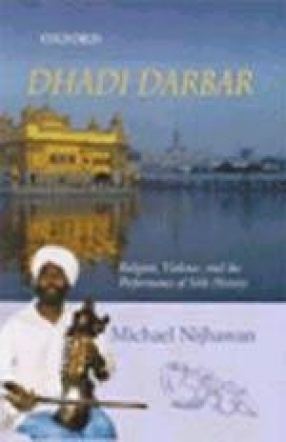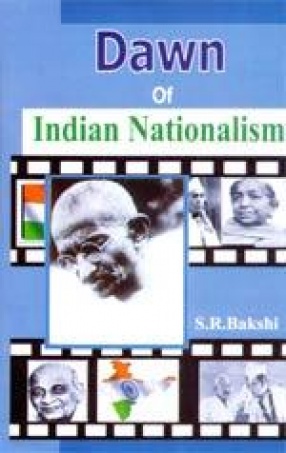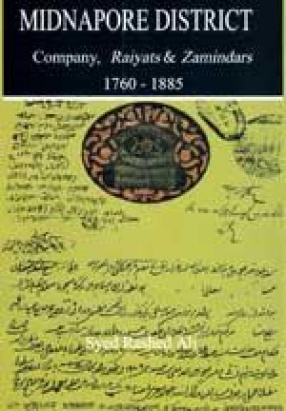How do traditions that entail a history of cultural and religious pluralism respond to situations of crisis and violence? What are the strategies of cultural performers to modern identity politics and how do they negotiate their social status in the realm of society and religion? Dhadi Darbar offers the first systematic analysis of the dhadi tradition of song performance that has deep historical roots in Punjab. A study of the socio-cultural history and ethnography of this tradition, it traces significant changes in generic form and ideological content. Analysing key performative texts, themes such as Sikh martyr histories, and ethnographic narratives, Nijhawan demonstrates different ways in which this genre has become related to agendas of religious and political identity formation in twentieth-century Punjab. The book captures critical historical junctures as sites of social engagement and cultural practice in which matters of religious and social identity are negotiated. It emphasizes the translatability and legitimization of violence in the post-Partition context, including the militancy of the 1980s and early 1990s. Nijhawan draws on a wide range of unexplored historical and ethnographical sources and interactions with contemporary dhadi performers. He establishes that vernacular traditions of oral narration encourage alternative forms of historical imagination. The author argues that religion is an evolving area of social interaction, thus giving rise to narrative linkages between religious and political discourse.
Dhadi Darbar: Religion, Violence, and the Performance of Sikh History
In stock
Free & Quick Delivery Worldwide
reviews
Bibliographic information
Title
Dhadi Darbar: Religion, Violence, and the Performance of Sikh History
Author
Edition
1st ed.
Publisher
Oxford University Press, 2006
ISBN
0195679670
Subjects





There are no reviews yet.